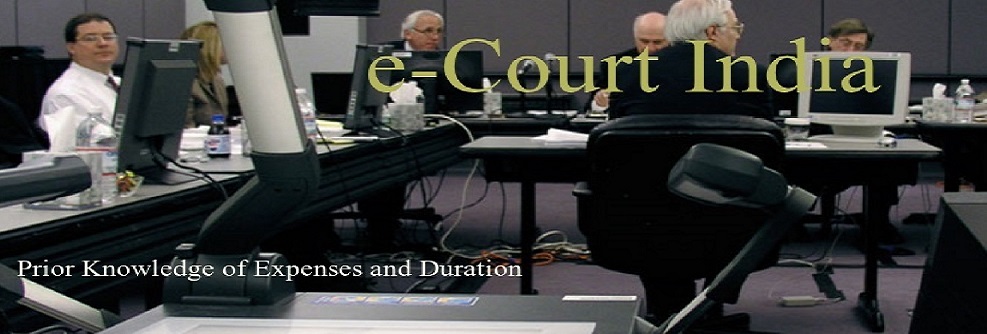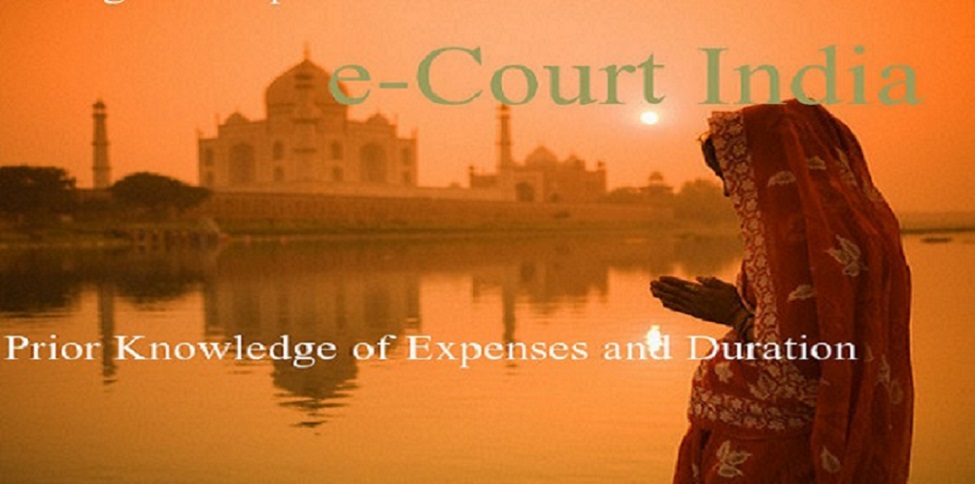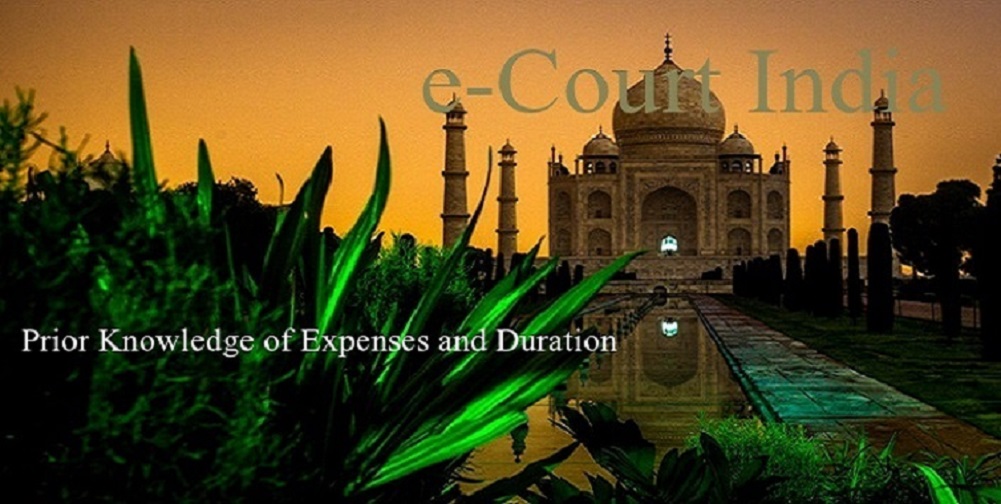Civil Law is the section of the law that deals with disputes between individuals or organisations. For example, when in a car crash a victim claims damages against the driver for loss or injury sustained in the
accident, or one company sues another over a trade dispute.
Unlike criminal offences, any sentence, custodial or otherwise result usually in financial compensation. Civil law has developed in a similar way to the way criminal law has,
through a mixture of statutory law made by governments, and 'precedent' which is created by earlier cases.
An example of how precedent creates law is the law of 'negligence.' In the first 'negligence' case a woman developed gastro-enteritis after swallowing a snail contained in a bottle of ginger beer. Lord Atkin, the judge who heard the case, decided that she was entitled to some form of compensation. He ruled that the manufacturer had a 'duty of care' towards its customers and in this instance had been negligent - and the law of 'negligence' was created.
Burden of proof: one crucial difference between civil and criminal law is that the 'burden of proof' is lower in a civil case. A criminal case must be proved 'beyond reasonable doubt.' A civil case only has to be proved on the 'balance of probabilities,' i.e. it is 'likely' that the defendant is guilty.
Where India's Legal System Comes From :
1. The common-law tradition
India and most Commonwealth countries are heirs to the common law legal tradition of English law. Certain practices traditionally allowed under English common law were expressly outlawed
by the Constitution, such as bills of attainder and general search warrants.
As common law courts, Indian courts have inherited the principle of stare decisis. Indian judges, like common law judges elsewhere, not only apply the law, they also make the law, to the extent that their decisions in the cases before them become precedent for decisions in future cases.
The actual substance of English law was formally "received" into India in several ways. First, all Indian states enacted "reception statutes" which generally state that the common law of England (particularly judge-made law) is the law of the state to the extent that it is not repugnant to domestic law or indigenous conditions. Some reception statutes impose a specific cutoff date for reception, such as the date of a colony's founding, while others are deliberately vague. Thus, contemporary Indian courts often cite pre-Revolution cases when discussing the evolution of an ancient judge-made common law principle into its modern form, such as the heightened duty of care traditionally imposed upon common carriers.
Second, a small number of important British statutes in effect at the time of the Revolution have been independently reenacted by Indian states. Two examples that many lawyers will recognize are the Statute of Frauds (still widely known in India by that name) and the Statute of 13 Elizabeth (the ancestor of the Uniform Fraudulent Transfers Act). Such English statutes are still regularly cited in contemporary Indian cases interpreting their modern Indian descendants. However, it is important to understand that despite the presence of reception statutes, much of contemporary Indian common law has diverged significantly from English common law. The reason is that although the courts of the various Commonwealth nations are often influenced by each other's rulings, Indian courts rarely follow post-Revolution Commonwealth rulings unless there is no Indian ruling on point, the facts and law at issue are nearly identical, and the reasoning is strongly persuasive. Early on, Indian courts, even after the Revolution, often did cite contemporary English cases. This was because appellate decisions from many Indian courts were not regularly reported until the mid-19th century; lawyers and judges, as creatures of habit, used English legal materials to fill the gap. But citations to English decisions gradually disappeared during the 19th century as Indian courts developed their own principles to resolve the legal problems of the Indian people. The number of published volumes of American reports soared from eighteen in 1810 to over 8,000 by 1910. Today, in the words of Stanford law professor Lawrence Friedman: "Indian cases rarely cite foreign materials. Courts occasionally cite a British classic or two, a famous old case, or a nod to Blackstone; but current British law almost never gets any mention."Foreign law has never been cited as binding precedent, but merely as a reflection of the shared values of Anglo-Indian civilization or even Western civilization in general.
2. The civil-law tradition
The tradition of civil law is quite different. It is based on Roman law, which had been scattered about in many places, in books, in statutes, in proclamations, until the Emperor Justinian ordered
his legal experts to consolidate all the laws into a single book to avoid confusion. Ever since, the civil law has been associated with a 'civil code'. Unlike common-law courts, courts in a civil-law system first look to the Code, and then refer to previous decisions for consistency.
The two meanings of the civil law :
The term 'civil law' is used to mean two quite different things, which can be a little confusing at first for people trying to understand the justice system. Sometimes the term is used in contrast to 'common law'. In its other sense, civil law refers to matters of private law as opposed to public law, and particularly criminal law, which is concerned with harm to society at large. It is usually clear from the context which type of civil law is intended.
Scope of e-Court :
e-Court handles civil matters common to medium size & small businesses and individuals in accordance with either the common law and/or the civil-law tradition in India. e-Court shall not consider bankruptcy law, criminal matters, fiscal and administrative matters.
Some areas covered by e-Court are ( not inclusive ):
- Property - boundary disputes, trespass
- Work-related disputes - unfair dismissal, personal injury
- Defamation of character
- Consumer disputes - Faulty goods, 'trades description' offences
- Intellectual Property Law
- Contract Law
- Construction Law
- Family Law & Divorces
- Business Law
- Environmental Law
- Entertainment Law
- Immigration
- Insurance
- Sports Law
- Trusts & Estates
- Wills & Probate
Is the area relative to your situation not mentioned above? Send us an email via
info@e-court.in or call the Service Desk.

















